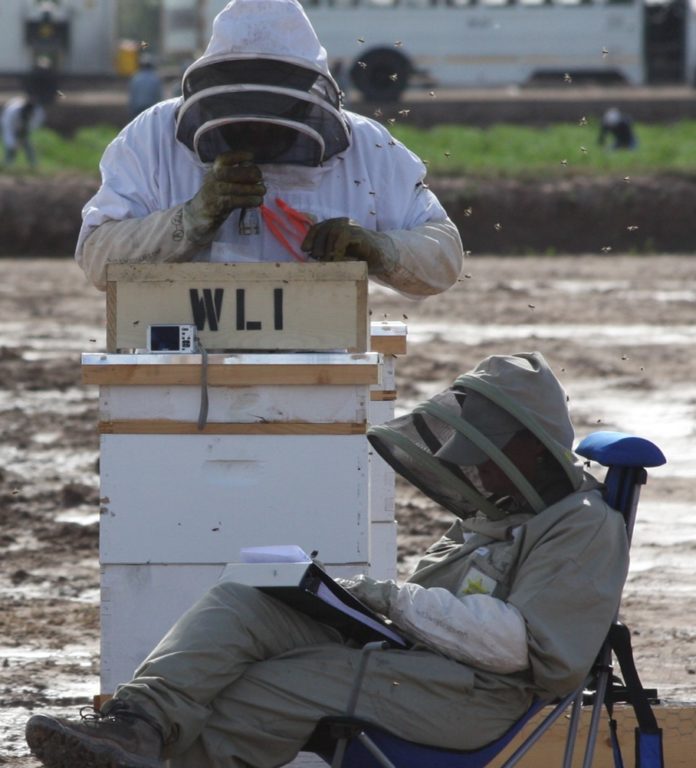Learn from our BIP experts about honey bee health!

- Between the Datasheets: How IT Supports BIP Data
- Identification of Adult Honey Bee Diseases
- Voracious Varroa
- What Can Pollen Tell Us?
- Honey Bee Hygienic Behavior and Testing
- Effective or Not So Much? Best and Worst Beekeeping Practices
- Brooding over Brood: Identification of Brood Diseases
- Spring into Action with Sentinel Apiaries
- Survey Says: Loss and Management Survey and You
BIP Webinar Series
Between the Datasheets: How IT Supports BIP Data
Thursday, August 6, 2020, 12pm EDT/9am PDT, ~1hr presentation +~30mn Q&A
Our IT specialists and research coordinator will present the tools of our trade: built to support the work of our specialists and beekeepers in the field, from data collection to report generation, with the aim always to provide better insights into honey bee health. We will cover how BIP became the largest US repository of honey bee health data and how we share that data with the public while safeguarding personal information.
Join us in a demonstration of how you can explore the BIP database, and contribute to improving our understanding of honey bee health through citizen science and our apps.
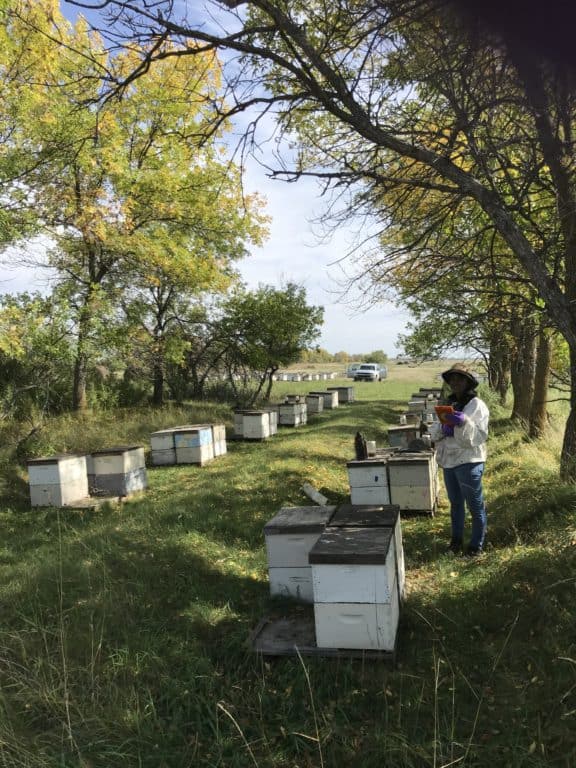
BIP Webinar Series
Identification of Adult Honey Bee Diseases
Thursday, July 23, 2020, 12pm EDT/9am PDT, ~1hr presentation +~30mn Q&A
As part of BIP’s “Identifying Honey Bee Diseases” webinars, the Tech Transfer Team Field Specialists will focus on how to recognize the visual signs of the most common adult honey bee diseases and review the definition and prevalence of Colony Collapse Disorder (CCD). We will also present an overview of the emerging field of honey bee virus research as well as covering the diagnostic techniques, signs, prevention and treatment of Nosema and Tracheal Mites.
Webinar will be recorded.
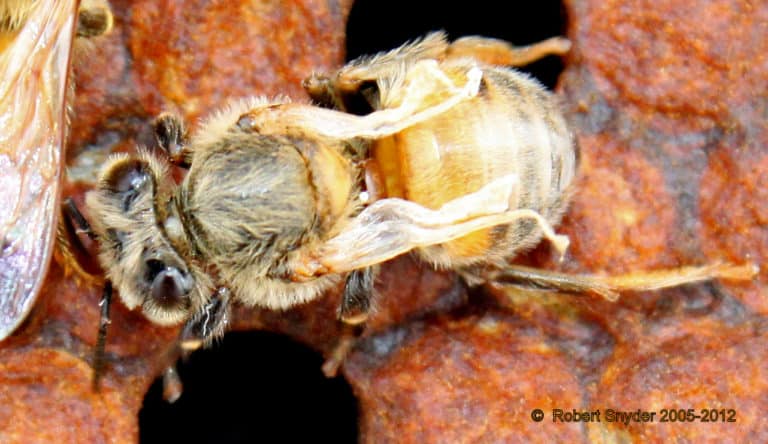
BIP Webinar Series
Voracious Varroa
Thursday, July 9, 2020, 12pm EDT/9am PDT, ~1hr presentation +~30mn Q&A
Varroa destructor is responsible for significant, worldwide honey bee colony losses. To improve colony health and survivorship, we need to understand the biology and life cycle of the varroa mite. This informs predictions of population dynamics and Varroa population growth through the season, and builds the case for good monitoring techniques and beekeeping practices. During this presentation we will also explore the management strategies and treatment options available in different regional and seasonal contexts.
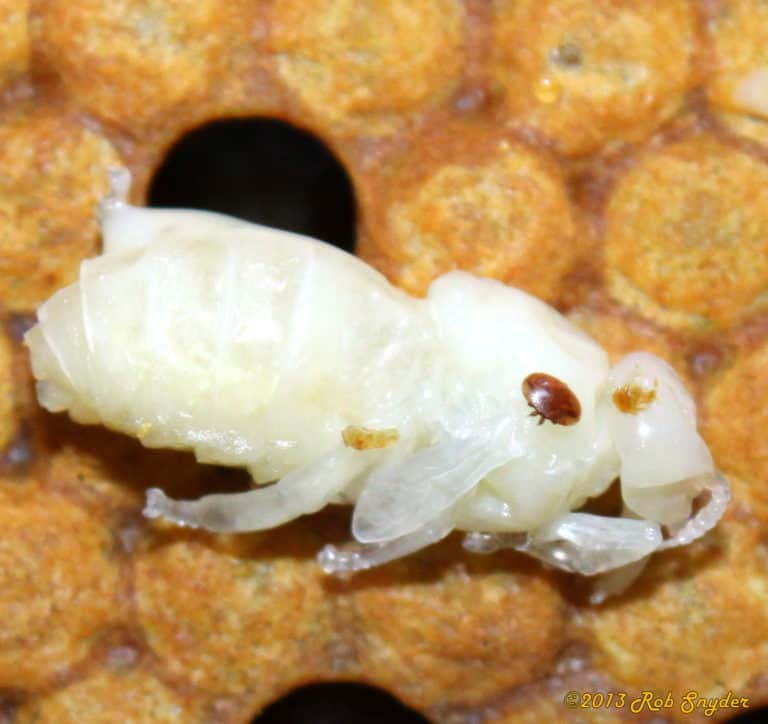
BIP Webinar Series
What Can Pollen Tell Us?
Thursday, June 25, 2020, 12pm EDT/9am PDT, ~1hr presentation +~30mn Q&A
Habitat and forage quality have emerged as critical factors influencing the health of honey bee colonies. The nutritional status of bees influences their susceptibility to disease and their resistance to other stressors. Understanding the ebbs and flows of resources availability in the landscape can help beekeepers identify the needs and challenges their colonies are facing. In addition, as bees forage from their environment, they can pick up pollutants from various sources and bring them back to the colony. Monitoring for colony contamination can inform us about potential contaminants found in honey, pollen, bees and wax, as well as provide a picture of the contamination present in the surrounding environment. In 2019, BIP conducted an exploratory study looking at the potential to use trapped pollen from honey bee colonies as a means to: 1) look at the presence of heavy metals in the environment, 2) assess the degree to which the available pollen was able to meet colony nutritional needs, and 3) use laboratory techniques to assess pollen richness and diversity throughout the bloom period. This project was supported by funding from The James M. Cox Foundation.
If you are not able to view live, please note we will post a recording to this site.
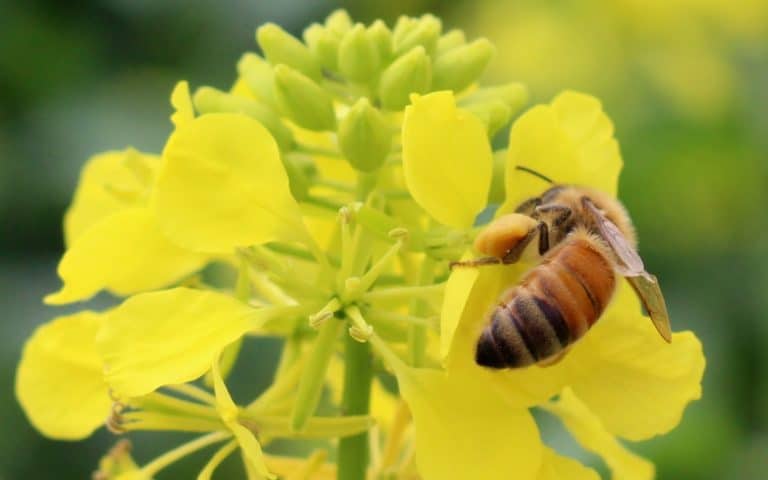
BIP Webinar Series
Honey Bee Hygienic Behavior and Testing
Thursday, June 11, 2020, 12pm EDT/9am PDT, ~1hr presentation +~30mn Q&A
You may have heard us mention hygienic testing in previous webinars? What is hygienic behavior? How do we test for it? What does this mean for the beekeeping industry? Honey bees have been selected and bred to increase hygienic behaviors conferring them some resistance (or increased tolerance) toward specific pest and diseases, notably American Foulbrood and chalkbrood diseases and potentially, the pernicious Varroa. The Bee Informed Partnership Tech Transfer Team has been testing hygienic behavior with some queen breeders in Northern California and will report on a decade of data showing improvement in the hygienic stock in the US.
If you are not able to view live, please note we will post a recording to this site.
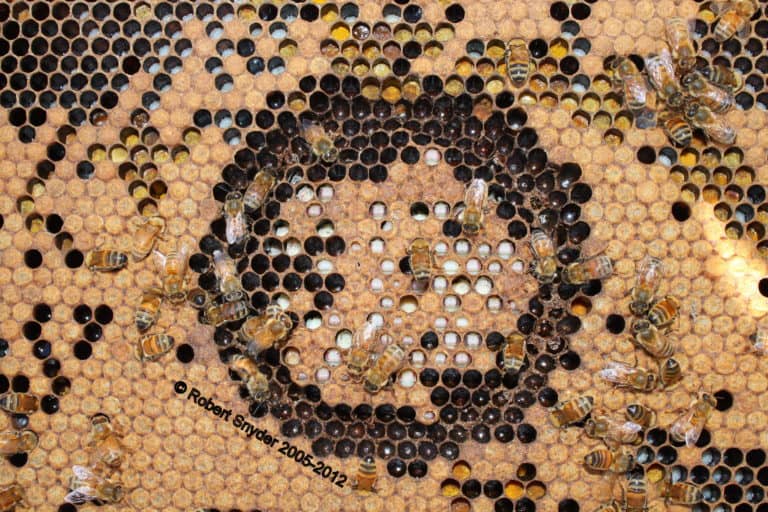
BIP Webinar Series
Effective or Not So Much? Best and Worst Beekeeping Practices
Thursday, May 28, 2020, 12pm EDT/9am PDT, ~1hr presentation +~30mn Q&A
BIP’s Tech Transfer Team Field Specialists will showcase the best and worst management practices they’ve witnessed in commercial beekeeping operations. These observed patterns are also applicable to small-scale operations. BIP’s Field Specialists spend hundreds of hours in thousands of colonies each season which gives them a unique bird’s eye view to identify practices that lead to success and ones that waste time and money.
If you are not able to view live, please note we will post a recording to this site.
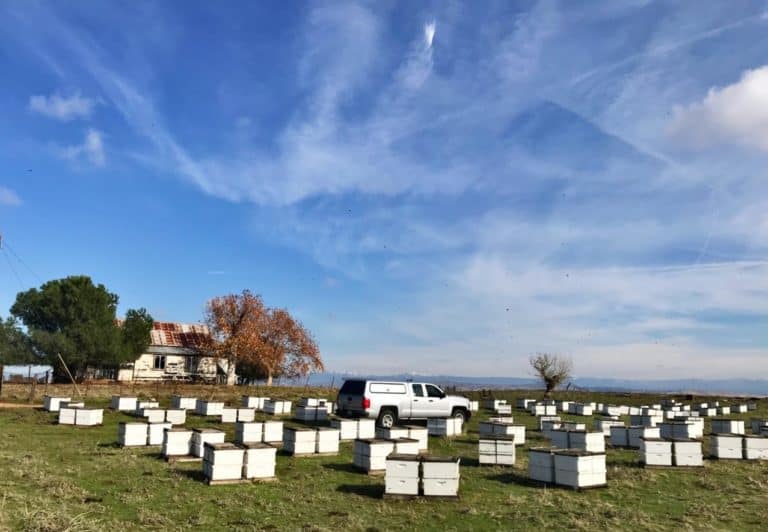
BIP Webinar Series
Brooding over Brood: Identification of Brood Diseases
Thursday, May 14, 2020, 12pm EDT/9am PDT, ~1hr presentation +~30mn Q&A
Come learn about brood diseases from BIP’s Tech Transfer Team Field Specialists. Our panel will give an overview of the causes, signs, preventive and treatment methods associated with brood diseases such as Chalkbrood, American Foulbrood, European Foulbrood and Parasitic Mite Syndrome.
We are excited about the interest in our webinars and our system allows 300 participants to view webinar in real time. If you are not able to view live, please note we will send recording to all who registered.
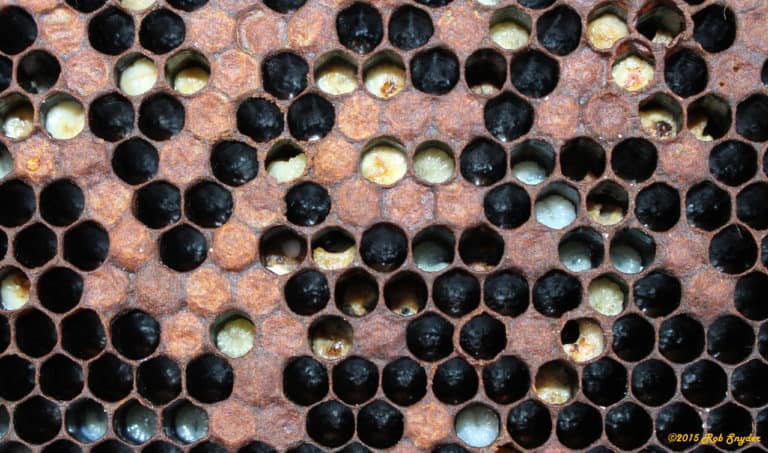
BIP Webinar Series
Spring into Action with Sentinel Apiaries
Thursday, April 30, 2020, 12pm EDT/9am PDT
Come learn about the Sentinel Apiary Program, a colony health monitoring program for beekeepers! Beekeepers sample and inspect colonies for six months, and samples are processed by our BIP diagnostics lab at UMD. This webinar will discuss the details of the program, and lessons learned from Sentinel Apiary data including Varroa population growth trends, treatment effectiveness, and more!
Registration limited to first 300 registrants. Note: Webinar will be recorded.
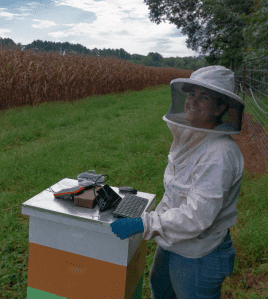
BIP Webinar Series
Survey Says: Loss and Management Survey and You
Thursday, April 16, 2020, 1pm EDT/10am PDT
Do you fill out the National Honey Bee Colony Loss and Management Survey every year? Do you want to learn more about all the results and trends from the past decade? Join the Bee Informed Partnership to learn WHY it is so important that you participate, and see HOW the survey results advance our understanding of honey bee colony health. Click the button below to register.
Registration limited to first 300 registrants. Note: Webinar will be recorded.
